The Vicious Utopia: Indonesian Government Gender Specific Policy
for Ex-ISIS Women Returnees
Nuri W Veronika
ABSTRACT
Around 300 Indonesian women who have migrated to ISIS are now living in Al Roj, Al Hol and Ain Issa around Iraq and Syria after the downfall of ISIS in late 2017. National and international media coverage portrayed their appeal to the Indonesian government to be repatriated back to Indonesia, perpetuating a view that the livelihood inside the camps is even worse than their original stances back in Indonesia. With the mounting number of women returnees, the Indonesian government faces multifaceted challenges hindering the efforts of repatriation, prosecution, rehabilitation and reintegration. Given the absence of a national security policy that specifically addresses the issue of women returnees to Indonesia, it seems almost impossible to successfully manage the Countering violent extremism and preventing terrorism programs for women returnees. This paper seeks to answer the question of how gender-specific policies are put in place to address returnees’ problems. Employing the Feminist International relations approach and gender analysis on Indonesian current policies, this paper tries to elaborate on the intersecting scope of all policy frameworks in handling returnees in terms of deciding on repatriation, rehabilitation programs, prosecution and reintegration process. This paper will also examine current policies and the challenges of repatriation, rehabilitation, prosecution and reintegration of women returnees. The initial finding of this research found out that several Indonesian government agencies such as the Coordinating Ministry for Political, Legal and Security Affairs, Ministry of Women Empowerment and Children Protection, Ministry of Foreign Affairs, National Counter-Terrorism Agency, and Indonesian National Police do have programs and activities in dealing with returnees, albeit lacking gender-specific policies. Being gender-neutral, these programs did not seem to successfully accommodate the current circumstances of the rising involvement of women in violent extremism and terrorism, therefore hindering the formulation of a gender-inclusive policy in addressing the issue of female returnees.
>>>Should readers inquire about the full article, please contact us at [email protected] OR email directly to the author

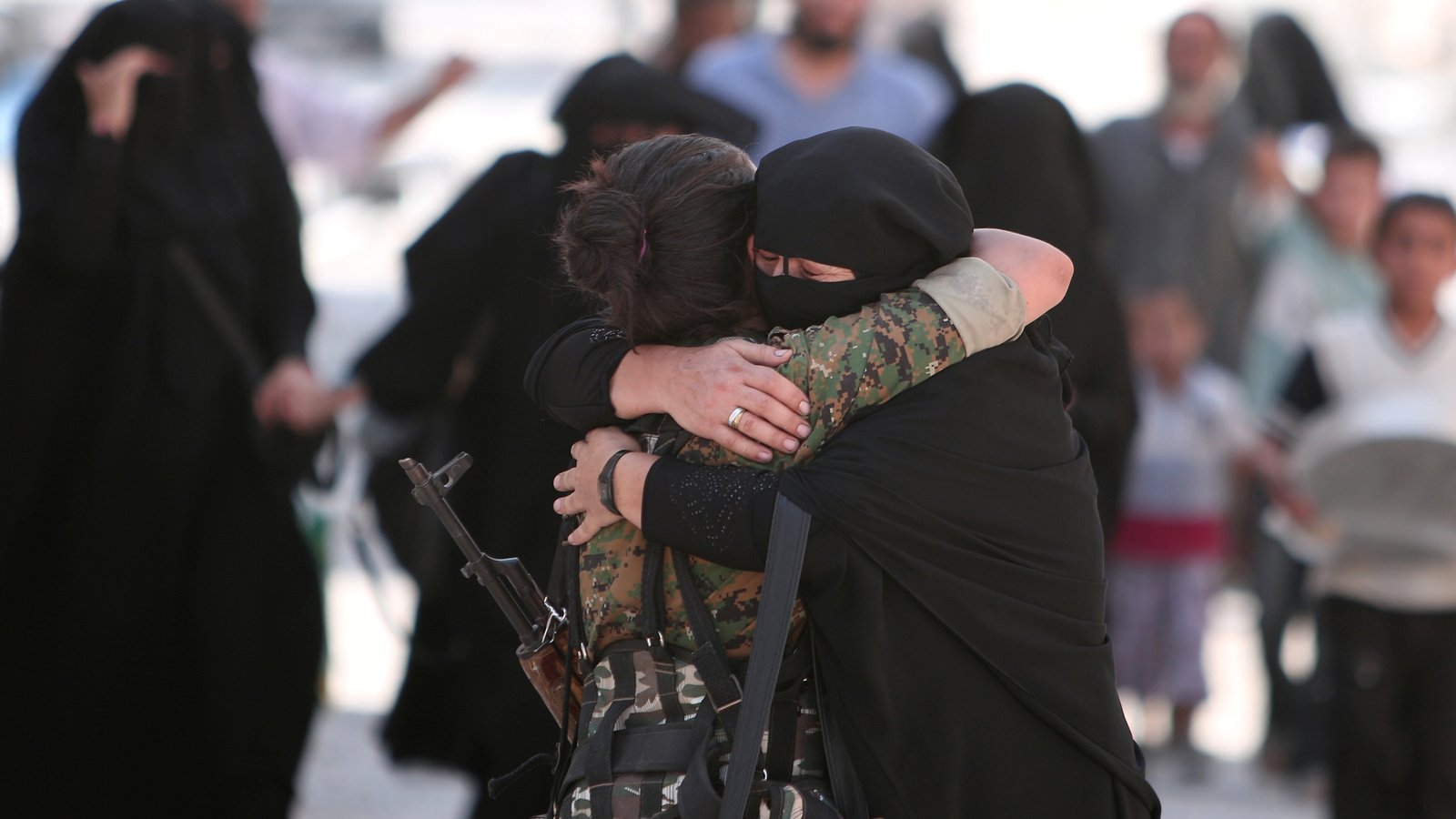




 Users Today : 6
Users Today : 6 Total views : 6967
Total views : 6967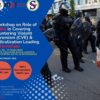
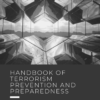

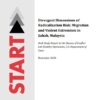
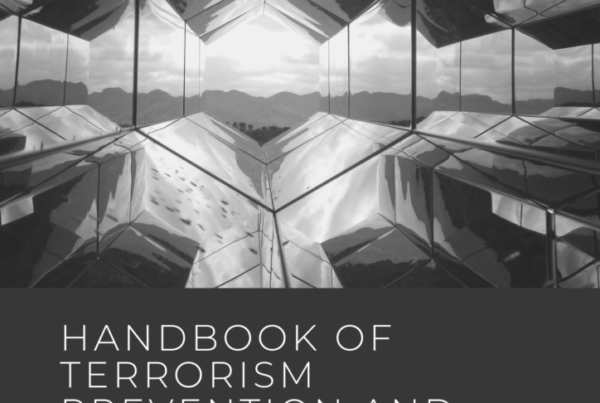
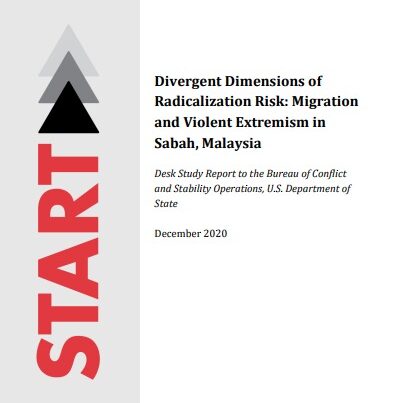

Recent Comments